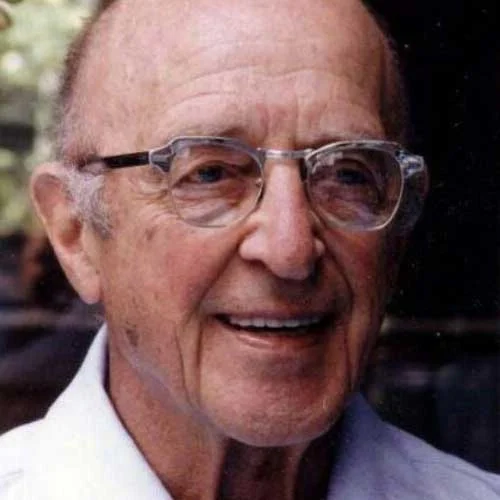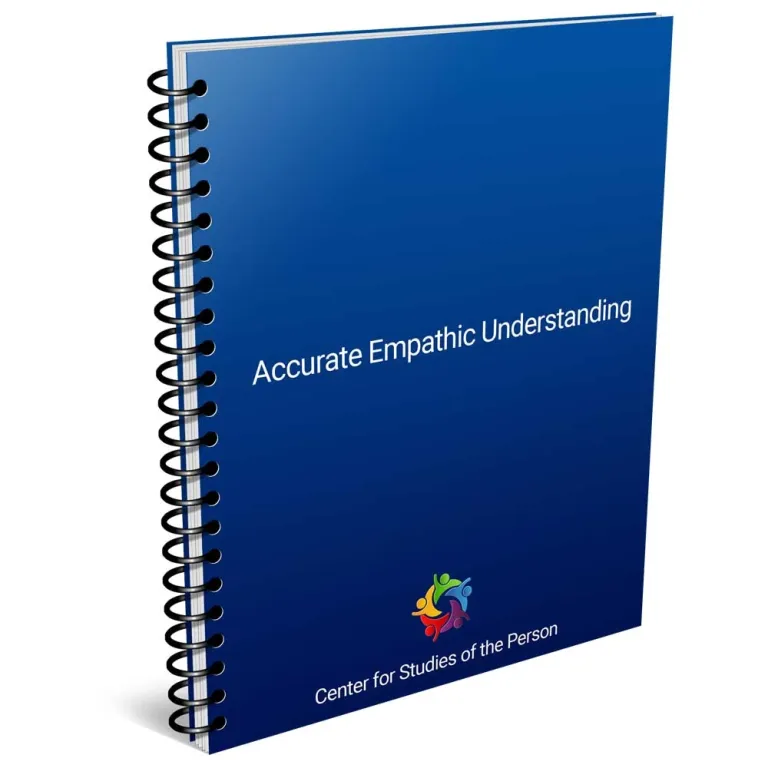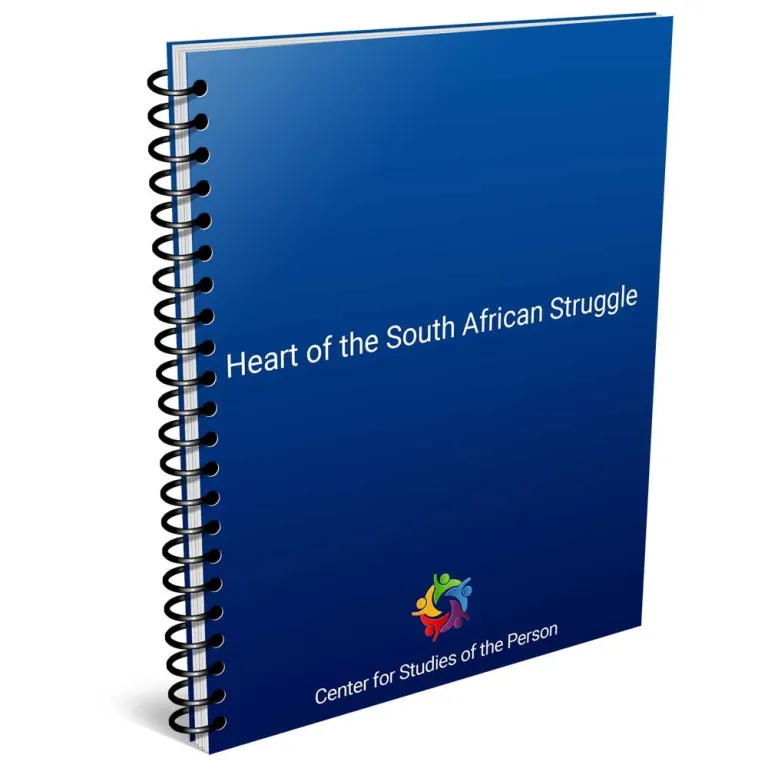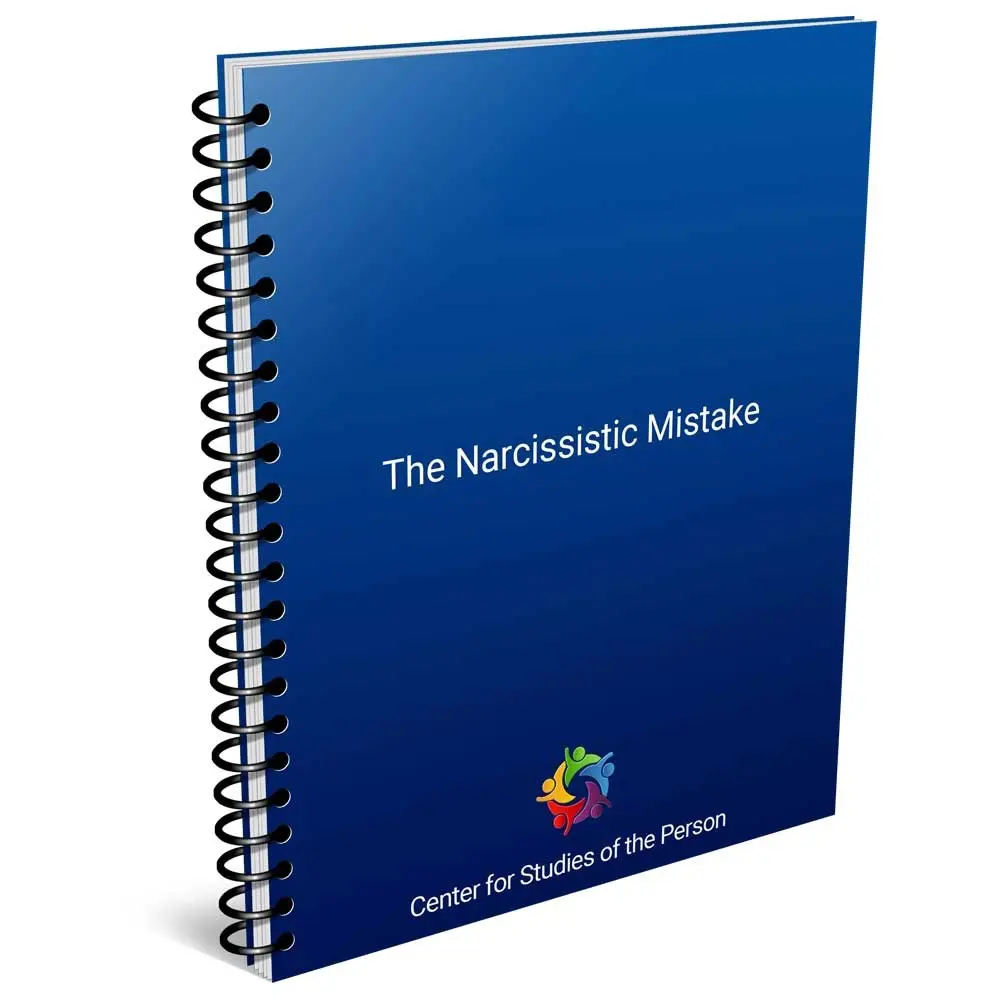CSP PAPERS

Psychologist Carl Rogers was world-famous during his life (1902-1987) as a pioneer opening new ways for people to communicate more fully with each other, and to come to grips with personal and social problems. He authored hundreds of scientific and popular articles and books, and appeared in a number of video-formats. He wrote in an open, appealing and clear manner. His work remains relevant and readily available today.
From the large collection of his works at the Carl Rogers Memorial Library, Center for Studies of the Person, we have selected a few to share here. We believe these pieces are inclusive of the range of Rogers’ thinking, not that they are necessarily his most outstanding or most influential. Some of these from rather obscure or specialized sources offer a fuller picture of the man and his endeavors than those found in other published collections.
For many people, Rogers represents a forceful and inspiring life-possibility. It is through his sharing his experiences and hopes that he is most well-known, seen here in articles such as Becoming a Person and Freedom and Commitment. But he did not see only through rose-colored glasses. His parody written for colleagues Camelot: A Fable Retold expresses his disappointments for his aspirations to participate in an organization that serves the personal freedoms of its members.
Many of the articles explain and illustrate Rogers’ theories about who a person might be, how others of us might know him or her best, and perhaps help if need be. Most theoretical writings here are based in his concern for and research in psychotherapy. At the Heart of the South African Struggle, though, comes from his later-life initiatives fostering peaceful resolution of social conflicts. And Questions I would Ask Myself If I Were a Teacher and Questions Facilitators Might Ask of Themselves also relate to his extensive concern with learning in other contexts.
May I commend to you some of my favorites?
His report of his experiences upon attending a world conference as a twenty-year old practicing Christian, An Experiment in Christian Internationalism, previews interests and convictions which he expanded throughout his life. Subsequently he left the Christian faith and was even a bit uncomfortable with the term “spiritual,” but the selection A Way of Meeting Life from sixty-four years later, is in my opinion his most open and thorough public discussion of this aspect of his inner world.
A short paragraph, Encouraging Release, states in 1942 the heart-insight that Rogers followed the remainder of his professional life. In A View of the Universe? Rogers and colleagues forty-two years later speak of the hopeful fruits for which they see evidence. Effective Counseling impresses me as he speaks of a philosophy of trusting other people that is the basis to his work, yet then cautions his listeners not to be led by this or any proffered philosophy, but by what they learn from their own life experiences with others.
A Silent Young Man gives me a feeling for his therapy work with an individual client – and then his beginning scientific inquiry: what, upon reflecting on this experience, he can tentatively generalize. Plenty of investigating and concluding is reported in The Therapeutic Conditions Antecedent to Change: A Theoretical View, and Some Learnings from a Study of Psychotherapy with Schizophrenics. But, thorough as he was, Rogers was not a man to leave everything snugged-up. He was a whole-person learner and thrived among others who sought that life, see Some Unanswered Questions
Will Stillwell
Carl Rogers Memorial Library
VIEW OF THE UNIVERSE
CARL ROGERS
ACCURATE EMPATHIC UNDERSTANDING
CARL ROGERS
A WAY OF MEETING LIFE
CARL ROGERS
BARRIERS AND GATEWAYS TO COMMUNICATION
CARL ROGERS
HEART OF THE SOUTH AFRICAN STRUGGLE
Carl Rogers
AN EXPERIMENT IN CHRISTIAN INTERNATIONALISM
CARL ROGERS
CLIENT-CENTERED THERAPY
CARL ROGERS
CLIENT–CENTERED PERSON–CENTERED
CARL ROGERS
CHARACTERISTICS OF EFFECTIVE COUNSELING
CARL ROGERS.
BECOMING A PERSON
CARL ROGERS
PAPERS BY TOM LIVENGOOD
PCA HELPS MAKE A TEAM
TOM LIVENGOOD
PAPERS BY ERNEST MEADOWS
THE STRATEGIC FUTURE OF PCA
ERNIE MEADOWS
THE NARCISSISTIC MISTAKE
ERNIE MEADOWS
DIFFERENCES
ERNIE MEADOWS














